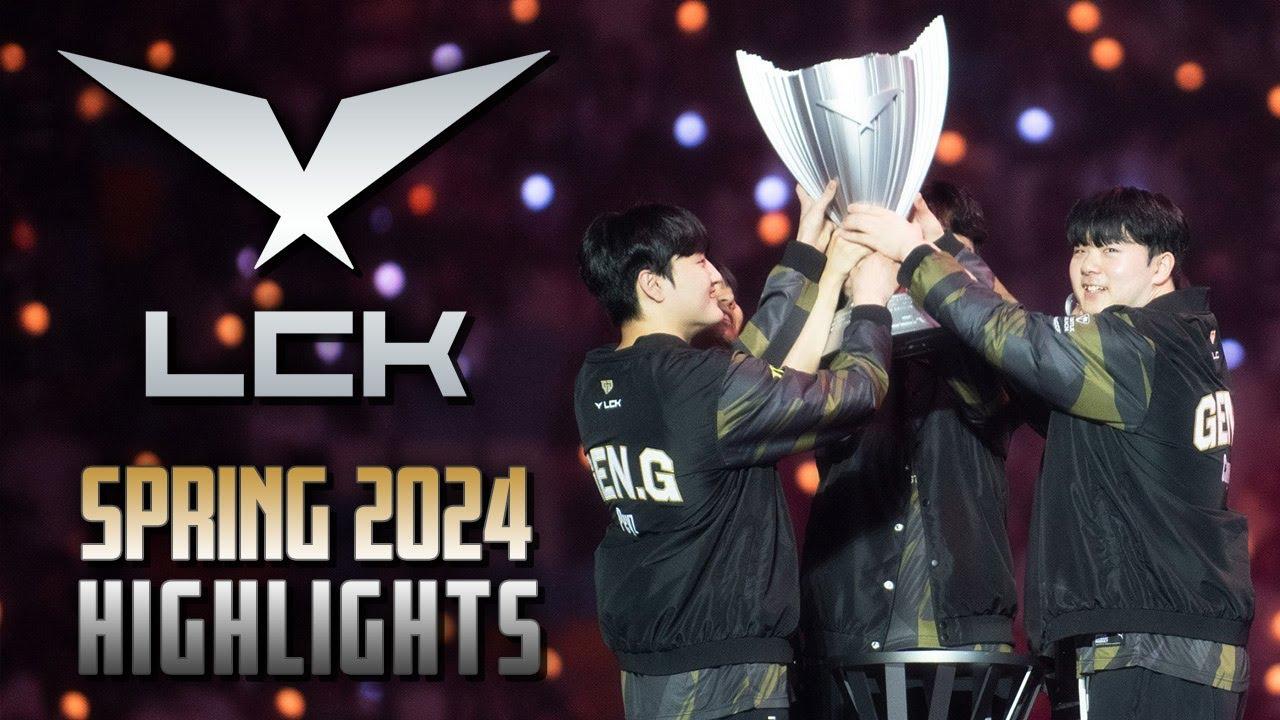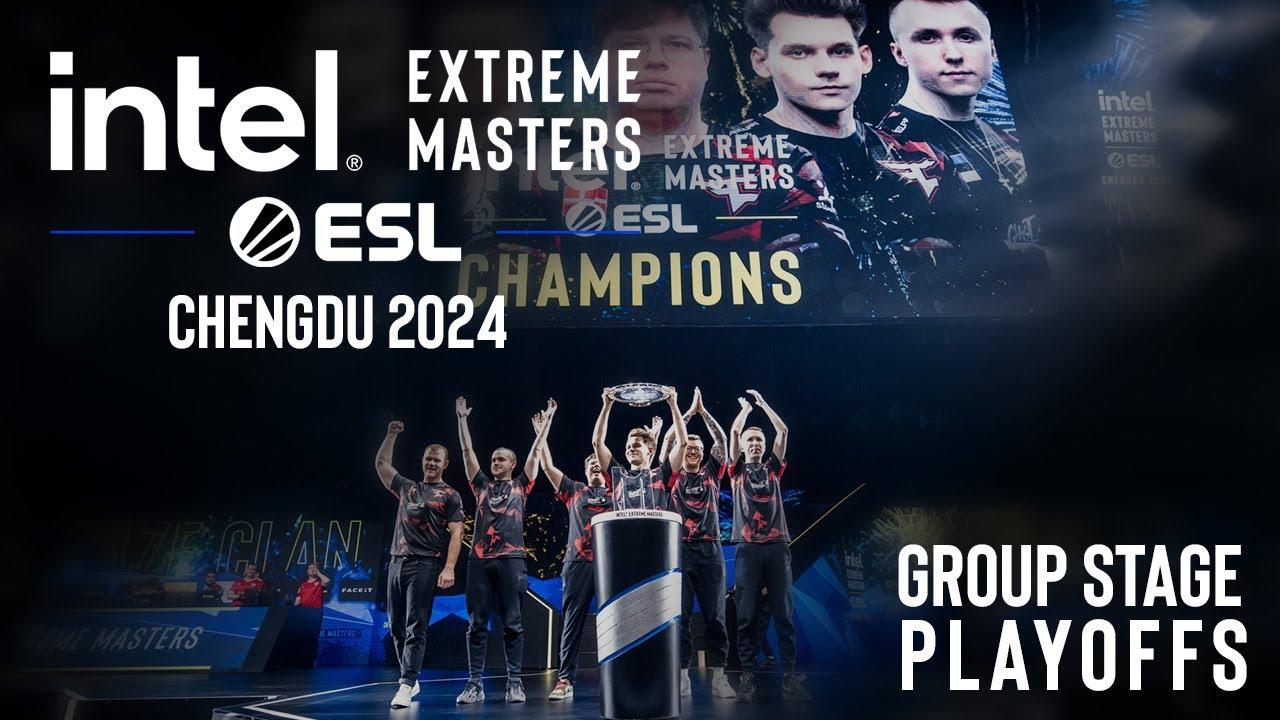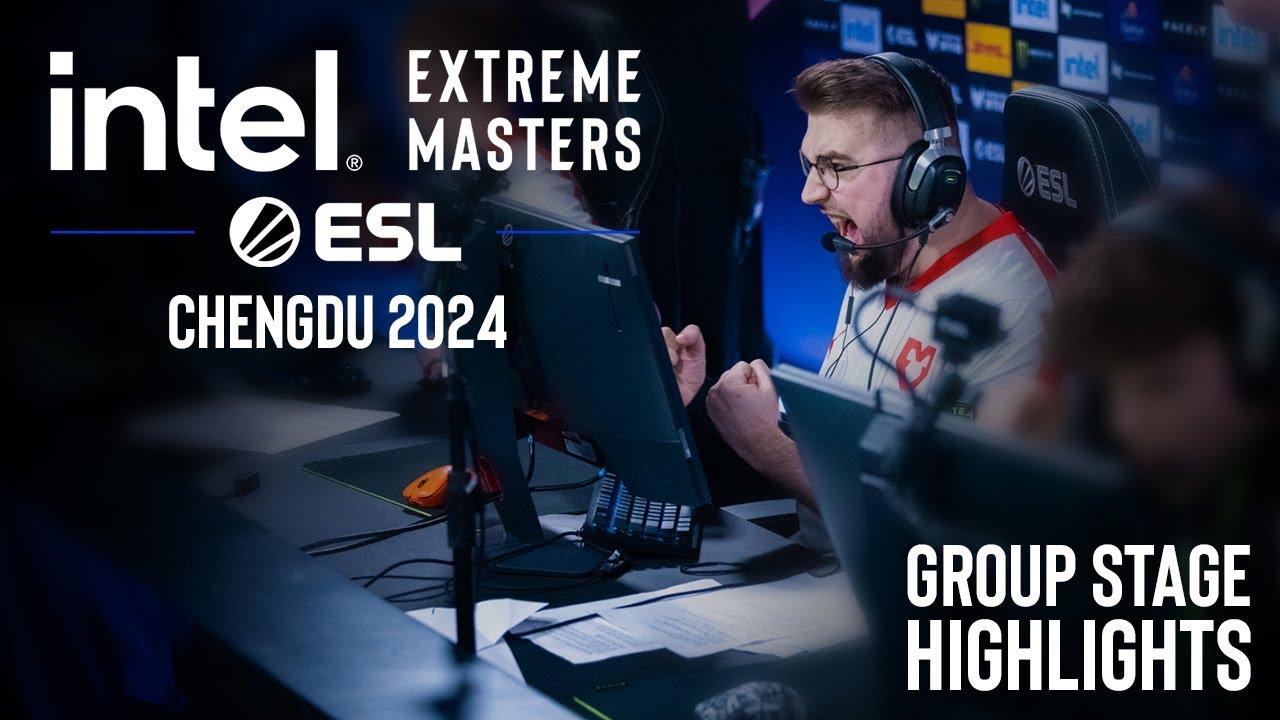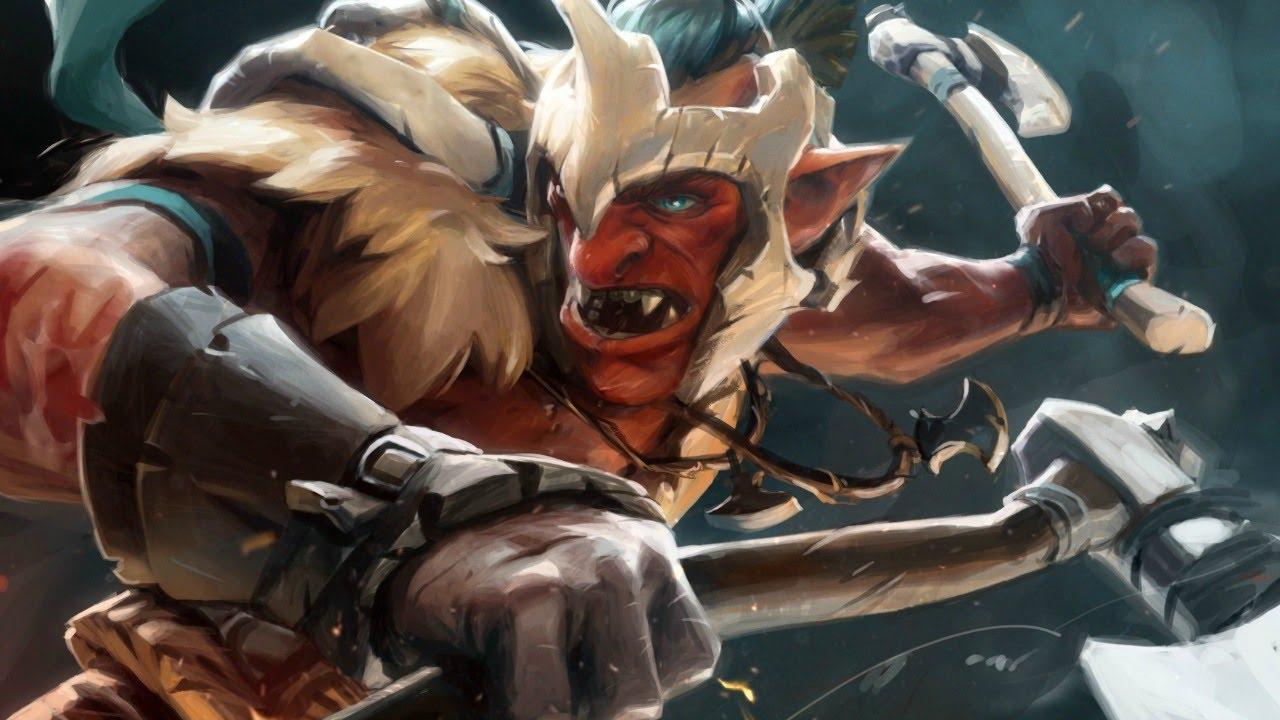
Toxic Dota 2 players hit with 19-year ban in new update ban wave
Valve has brought down the ban hammer in Dota 2.
In a recent blog post, Valve detailed a number of matchmaking updates for the next ranked season. These changes range from increased MMR symmetry based on role, to how MMR shifts based on wins and losses.
Included in that was a massive wave of bans for bad actors including toxic players, cheaters, and account sellers.
Most of the players banned for toxicity have behavior scores lower than 1,000.
Some players who were hit by the bans took to social media platforms to complain, but received little more than jeers from the community. Fans praised Valve for taking significant action, with many hoping that a massive culling of toxic players will improve the Dota 2 experience.
Many raised an eyebrow at the fact that these bans do not appear in-game as permanent, but instead state that these players cannot play until January 19, 2038. This 19-year ban should not be taken at face value, however.
Many players pointed out that the game coordinator likely cannot comprehend dates after January 19, 2038, similar to the Y2K problem that many expected to destroy early internet infrastructure in the late 1990s.
Behavior score was introduced in Dota 2 at an unknown point in time and is used alongside MMR as a factor in matchmaking. Players that receive regular reports or disconnect from games have a lower behavior score, while players can have their behavior score raised with commendations. These scores are used in matchmaking similar to MMR, with users with a high behavior score being matched against each other while low-scoring players receive the same treatment
Behavior score was long hidden from view, but could be found as a value in the Dota 2 console. It was made visible in players’ profiles earlier this year.
Players that feel like they dodged a bullet shouldn’t feel too comfortable quite yet. Valve added that more bans should come in the near future as they improve their algorithms and cheat detection methods.
Recommended
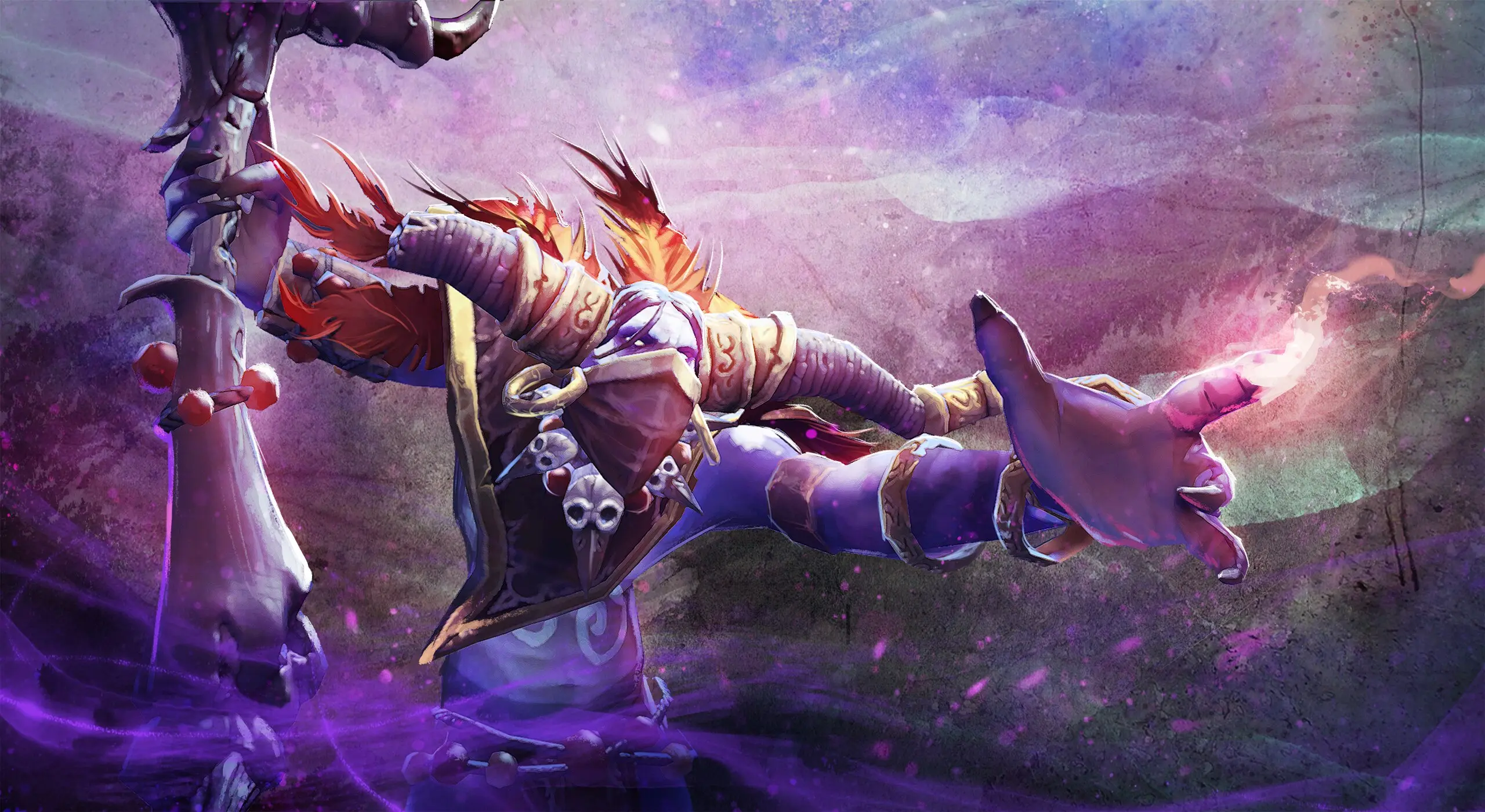
How to play Witch Doctor, the best hero in Dota 2 7.34
The Doctor is in.
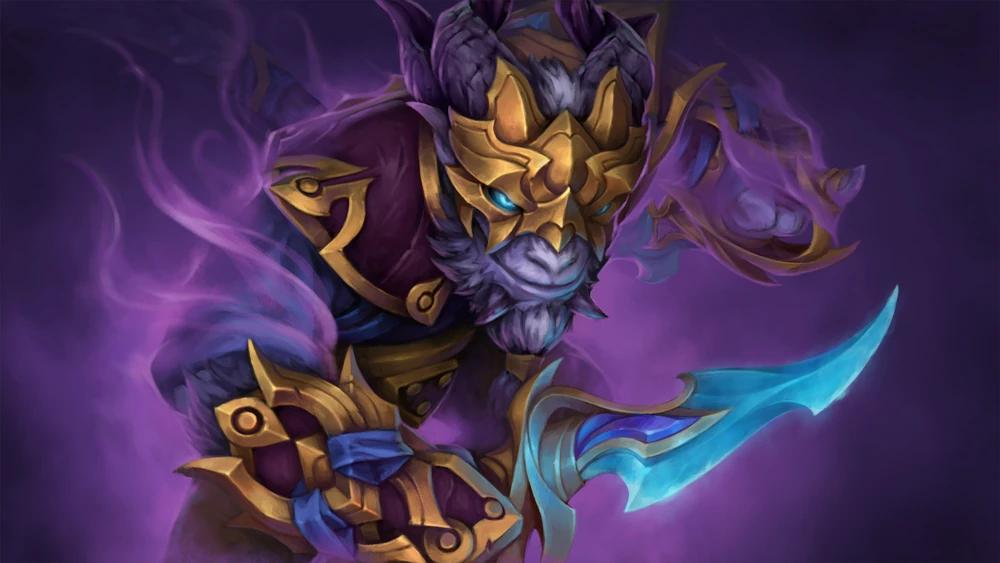
The new best heroes of Dota 2 7.34
Start queueing up sentries and Spirit Vessels.
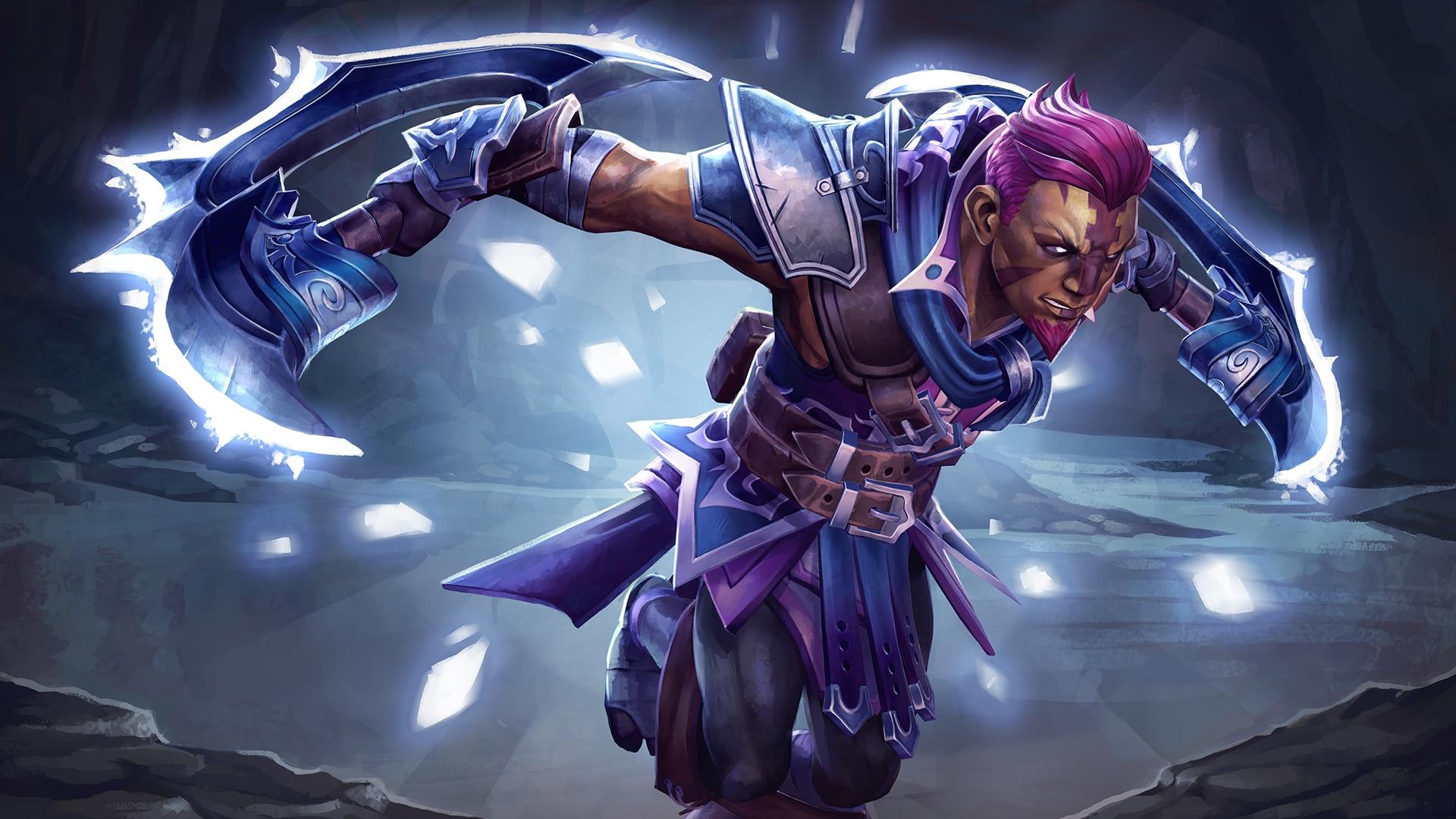
Dota 2 finally has a punishment for breaking items
If you want to BM, it’ll cost you.

